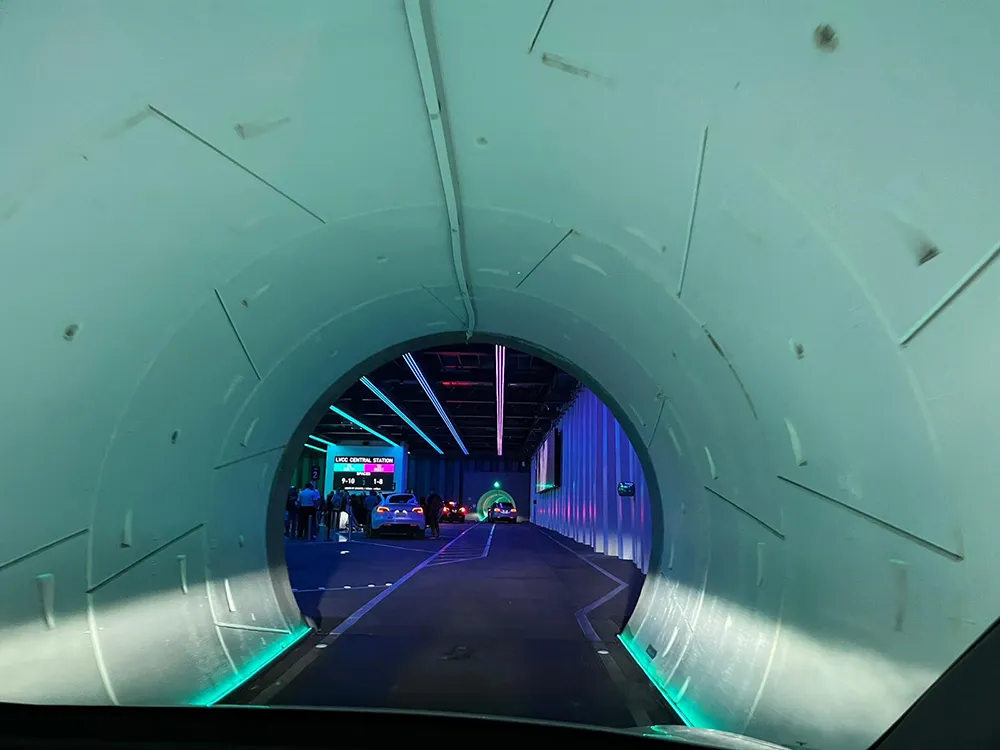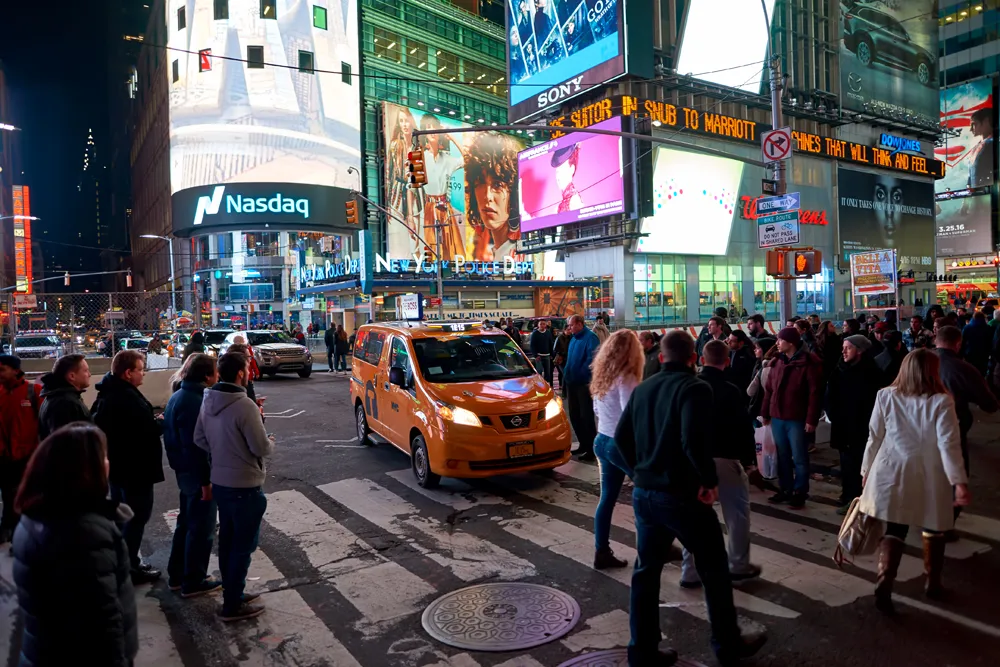
While most of the debate around hyperloop focuses on the potential for passenger traffic, technology firms are also exercised about how to respond to the fast-changing nature of the retail sector.
One such company is the UK-based start-up Magway, co-founded in 2017 by former South African mining engineer Rupert Cruise and retail and technology consultant Phill Davies.
In short, Magway moves goods from warehouses to distribution centres – or to new residential or commercial hubs - through small, high-density polyethylene pipes in pods driven by linear synchronous motors.
The thinking is simple – that the growth in online retail is not going to slow any time soon. Magway plans to offer an e-commerce delivery system that improves air quality and congestion by removing significant numbers of parcels and the delivery vans that carry them from highways and urban areas.
The Magway system also claims strong green credentials. It produces zero emissions and, say the founders, can be run entirely off renewable electricity.
Although the basic thinking is similar to many hyperloop projects, Magway is fundamentally different – and cheaper to develop – as it does not operate at low pressure to create very high speeds. There is little need for the average Amazon delivery to travel at 1,000km/h.
Core competence
Part-funded by the government agency Innovate UK, and through equity crowdfunding, the developers argue that Magway is inherently safer, independent of weather conditions and more secure than road transport, and would be capable of fulfilling over 90% of online orders.
“Our core competence is linear motors and all of the software systems that go around them,” Cruise told ITS International.

“We are addressing the explosive growth in online retail and warehousing. Our first focus is from the warehouse to the distribution centre. We calculate there could be a 50-70% cost saving over traditional transport solutions, plus the related environmental benefits in terms of reduced emissions and congestion. But we are also talking to developers about whether it would be possible to lay a Magway connection right into major new developments, perhaps even into the base of tower blocks.”
Based in an old Osram light factory in Wembley, north-west London, Cruise and his colleagues are talking to a number of organisations in the hope of being given a chance to show what Magway can do.
Possible clients are airports and ports, online retailers and warehouse owners.
They also think there will be interest from logistics companies who, according to Cruise, “recognise that they cannot grow by putting more and more vehicles on the road”.
Cruise believes there is an opportunity to run Magway pipes along motorway hard shoulders. By taking vehicles off the road, he says the company can help Highways England solve its biggest challenges - air quality, congestion, road maintenance and safety.
Although a very young company, Magway’s partners already include the UK’s Transport Research Laboratory, online retailer Ocado and the Old Oak and Park Royal Development Corporation in west London.
Cruise added: “Hyperloop is probably five to 10 years away from being used for passengers, but by focusing on freight coming out of automated warehouses, we could be up running much quicker.”










